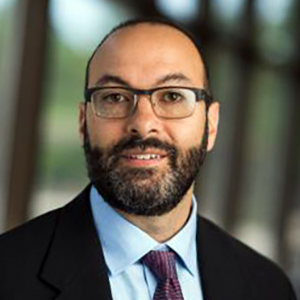COVID-19 has generated a public health crisis that affects every household. And it’s exacerbating another widespread public health crisis that already was ongoing when the pandemic arrived: addiction and other mental health problems.
During the pandemic, complications from substance use, and overdose deaths, have been increasing even faster than before. At the same time, it has become more difficult to access the treatments that can help curb some of the effects of addictive drugs.
University of Michigan physician-researcher Jonathan Morrow, MD, PhD, explained some of the science that links COVID-19 to addiction in the October edition of our new Taubman Healthy You webinar series. Click here to view the video.
With the correct approach, it is possible to adapt to the many challenges of living through a pandemic, and in some cases we can even use the current circumstances to place ourselves in a better, more secure position than ever before.
Taubman Healthy You Conversations, sponsored by the Taubman Institute and featuring Michigan Medicine’s brilliant researchers and scholars, will offer practical, lay-friendly information about conditions that affect our daily lives.
Dr. Morrow is a Frances and Kenneth Eisenberg Emerging Scholar with the Taubman Institute and an Associate Professor of Psychiatry at Michigan Medicine, working in the substance abuse section of addiction treatment services.
A physician-researcher who operates the Morrow Lab in addition to caring for patients, he focuses much of his work on identifying and manipulating the neurobiology responsible for behavioral differences that predict vulnerability to psychopathology. His team also runs projects aimed at refining our understanding of the psychological processes underlying individual differences in conditioned responses. Recently, they have started to translate findings from animal studies into tasks and measures that can be applied to human subjects.
Dr. Morrow received his B.S. in Biological Sciences from the University of Southern California, and his M.D. and Ph.D. in Neuroscience from the University of Michigan. He joined the faculty of the University of Michigan as an Assistant Professor of Psychiatry in 2011.






